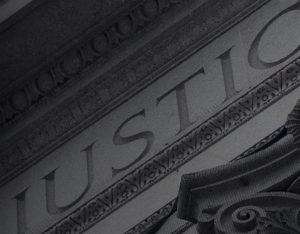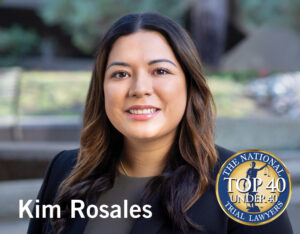Universities, nonprofit organizations, and hospitals often depend on government-issued grants to conduct important research for the common good on a wide variety of topics. Unfortunately, grant recipients sometimes misuse these funds.
Familiar areas of grant funding involve research at academic medical centers, hospitals, and other institutions. At academic medical centers, for example, federal payments for research overhead, called indirect payments, total tens of millions of dollars a year. Inflated costs often violate the provisions of the federal grant applications that the government approved. In a recent qui tam case, the National Institutes of Health (NIH) provided Cornell’s Weill Medical College a five-year, $23 million grant to study a variety of children’s diseases. The federal government learned of fraud through a whistleblower and filed a lawsuit against Cornell claiming that the university had been awarded federal funding for research that never happened. Additionally, Cornell billed NIH for nurses who were supposed to focus exclusively on pediatric research yet were routinely at work treating regular patients, and falsified the grant application by including the salaries of phantom nurses to inflate its research costs. The university ultimately paid a $4.4 million settlement to the government.





